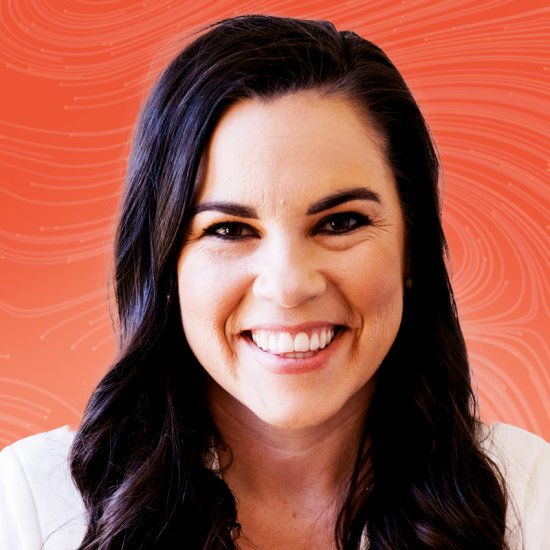
In the early days of the COVID-19 pandemic, when people were desperate for information about the new virus, epidemiologist Katelyn Jetelina’s then boss at the University of Texas asked her to send a daily email update for staff, faculty, and students. “They were really informal emails with ugly Excel graphs,” Jetelina remembers. She thought she’d put them together for six weeks, just until someone else “picked up the baton and explained what the heck is going on.”
Four years later, when most public officials have stopped talking about COVID-19, Jetelina’s free newsletter, Your Local Epidemiologist, remains one of the most consistent and accessible sources of information about the virus. About 230,000 people in 100 countries subscribe to her weekly dispatches, which have expanded to address public-health topics like mental health and gun violence.
“My biggest passion is teaching,” says Jetelina, who left her position at UT in 2022 and is now a scientific-communications consultant to the U.S. Centers for Disease Control and Prevention. “I’m teaching a course through my newsletter about what public health is and is not and how messy and complex it is.”
Jetelina’s ambitions go beyond her newsletter. She’s raised money to start a nonprofit that will support and expand the work of other scientists who are trying to educate the public, whose efforts are often uncompensated and done in their free time. “One of the archnemeses of public health is that when it works, it’s invisible,” she says. “We need to start making ourselves visible.”